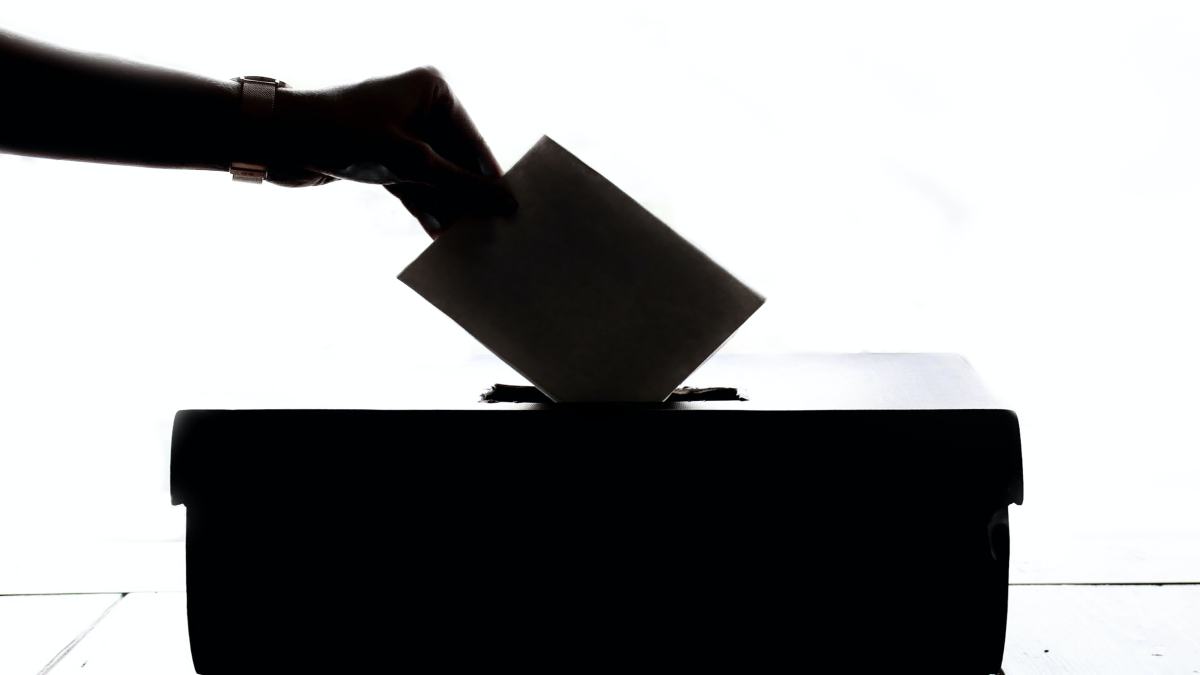Democracy is “inextricably intertwined” with power to people and the ballot is more potent than the most powerful gun, the Supreme Court said on Thursday.
In a landmark verdict, the apex court ruled that the appointments of the chief election commissioner and election commissioners will be made by the president on the recommendation of a committee comprising the prime minister, the leader of the opposition in the Lok Sabha and the chief justice of India to maintain the “purity” of the electoral process.
A five-judge Constitution bench headed by Justice KM Joseph said the concepts of liberty, equality and fraternity must not be “strange bedfellows” to the ruling class.

“Unlike demands of a formal democracy, the hallmark of a substantive democracy and, if we may say so, a liberal democracy must be borne in mind. Democracy is inextricably intertwined with power to the people. The ballot is more potent than the most powerful gun,” the bench, also comprising justices Ajay Rastogi, Aniruddha Bose, Hrishikesh Roy and CT Ravikumar, said.
Justice Rastogi, who concurred with the 289-page lead judgement authored by Justice Joseph, delivered a separate verdict with an additional conclusion.
The top court said democracy facilitates a peaceful revolution at the hands of the common man if elections are held in a free and fair manner.
“Elections can be conflated with a non-violent coup capable of unseating the most seemingly powerful governing parties, if they do not perform to fulfil the aspirations of the governed,” it said.
“Democracy is meaningful only if the sublime goals enshrined in the preamble to the Constitution receive the undivided attention of the rulers, namely social, political and economic justice,” the bench said.
It said secularism, a basic feature of the Constitution, must inform all actions of the State and therefore, cannot be spurned but must be observed in letter and spirit.
“Democracy can be achieved only when the governing dispensation sincerely endeavours to observe the fundamental rights in letter and spirit. Democracy also, needless to say, would become fragile and may collapse, if only lip service is paid to the rule of law,” the apex court said.
The bench said it cannot be oblivious to the fact that the founding fathers of the Constitution had contemplated that not only must the country aspire for a democratic form of government and life but it was their “unambiguous aim” that it must be a democratic republic.
“A brute majority generated by a democratic process must conform to constitutional safeguards and the demands of constitutional morality,” it said.
“A democratic republic contemplates that majoritarian forces, which may be compatible with a democracy, must be counter-balanced by protection accorded to those not in the majority. When we speak about the minority, the expression is not to be conflated with or limited to linguistic or religious minorities. These are aspects which again underly the need for an independent election commission,” the bench said.
In its verdict, the top court said if the leader of the opposition in the Lok Sabha is not there, the leader of the single-largest opposition party will be in the committee to select the chief election commissioners and election commissioners.
The direction on the appointments to the post of chief election commissioner and election commissioners will continue to hold good till a law on the issue is enacted by Parliament, the bench added.
The apex court delivered its verdict on a batch of pleas seeking a collegium-like system for the appointment of the chief election commissioner and election commissioners.
As of now, the chief election commissioner and election commissioners are appointed in terms of Article 324 of the Constitution by the president on the recommendation of the Centre.







